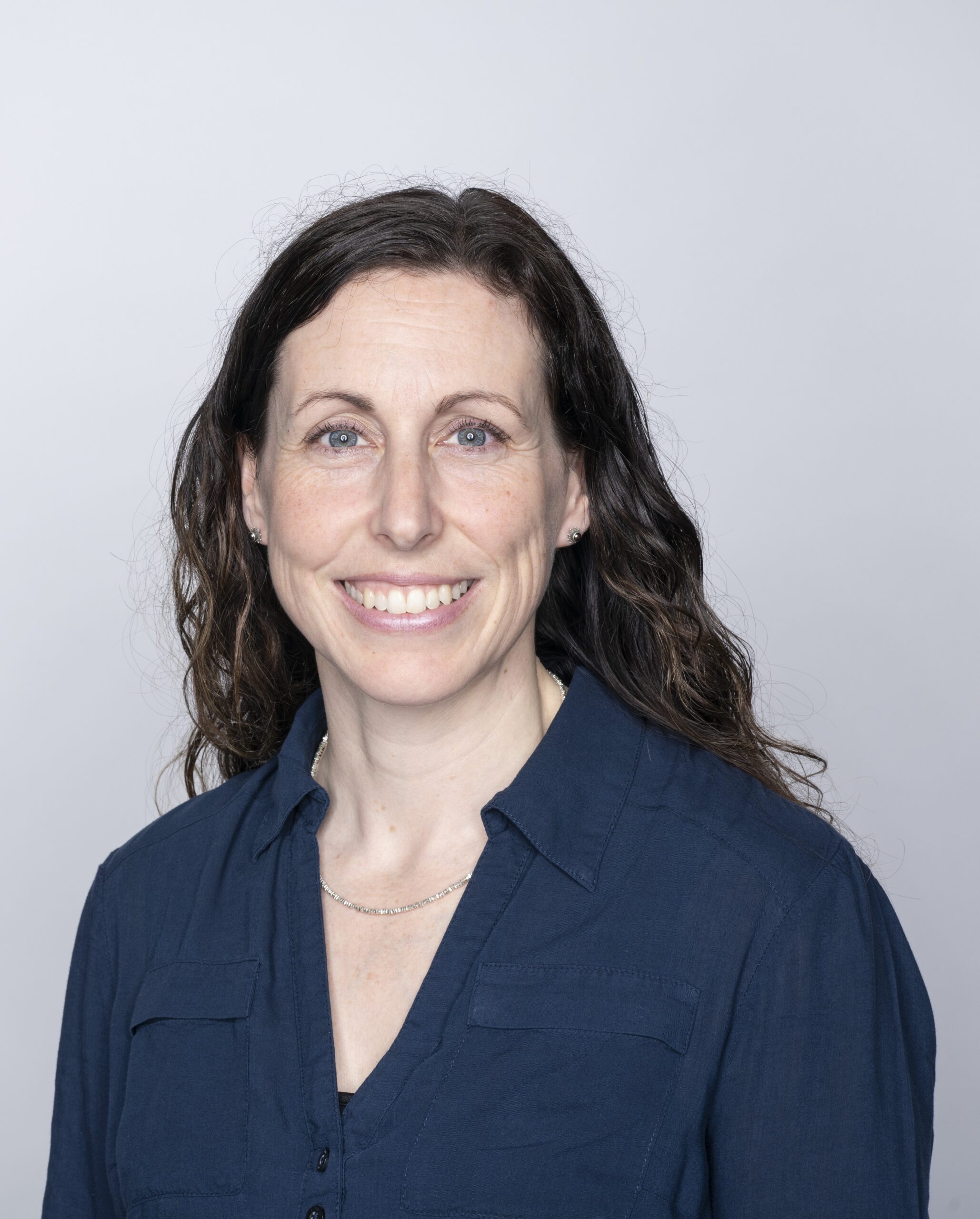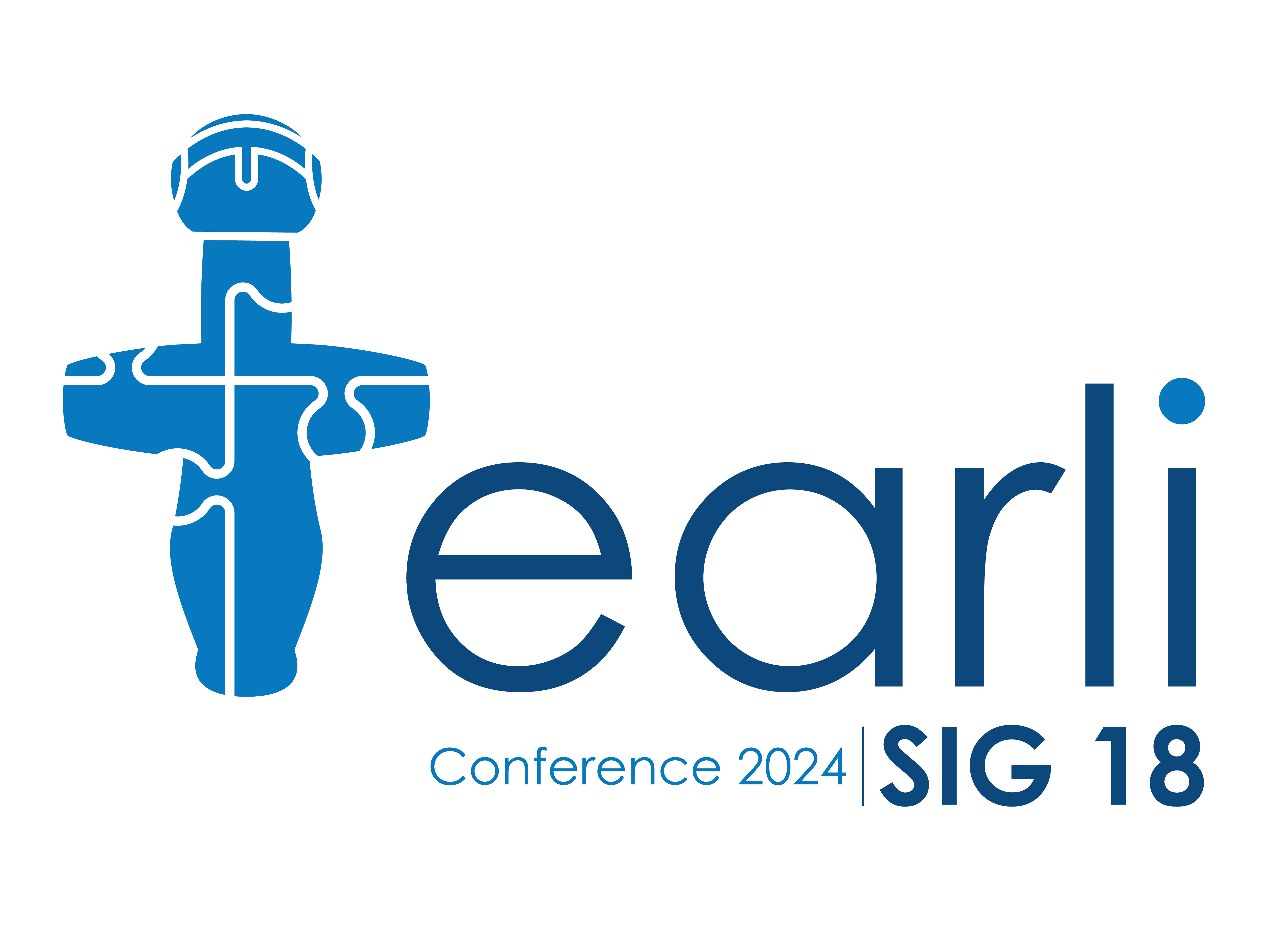Keynote Speakers

Drew Gitomer
The Productive Use of Disagreement in Observational Ratings
Bio: The current and inaugural holder of the DeMarzo Chair in Education at Rutgers Graduate School of Education (GSE), studies the assessment and evaluation of teaching. His research has examined policy-related issues in teaching and teacher education and considers a range of constructs that are related to teaching quality—teacher knowledge, teacher beliefs, student achievement, and quality of classroom interactions. From work in student performance assessment and portfolios, the scope of Gitomer’s research has focused on the design and validation of assessments that support the improvement of instruction. Recent work has focused on the failure of teacher effectiveness research and policy to appropriately consider issues of race, culture, and context in developing measures and making judgments of teaching quality.
In his keynote lecture, he will consider recent syntheses of educational effectiveness research as well as work that highlights racial, cultural, and contextual issues to consider productive paths forward for improving educational outcomes.

Andrea Wullschleger
Empowerment through collaboration? Analyzing collaborative school improvement processes at different levels of the education system based on a social network approach
Bio: Andrea Wullschleger is a Professor in the Department of Research and Development at the University of Applied Sciences and Arts Northwestern Switzerland (School of Education). She is Head of the Centre for Research on the Professional Development of Teachers. Her expertise lies in the field of school improvement and teacher collaboration. She has contributed to a deeper understanding of collaboration in school teams for the purpose of school improvement, utilizing a social network approach. In her current projects in collaboration with the University of Zurich, she is engaged in studying the regulation of routines within instructional teams, as well as fostering collaboration within and between schools, all aimed at advancing teaching and learning.
In her keynote lecture, she will focus on collaboration networks within school teams across different areas of school improvement, exploring their impact on instructional quality and student achievement. Additionally, she will explore potential future methodological and theoretical avenues within this context.

Jaap Scheerens
Educational Effectiveness as a scientific research discipline
Bio: Jaap Scheerens is Professor emeritus with the University of Twente in the Netherlands and currently associated with the research institute Oberon, in Utrecht. In his capacity as Professor of Educational Organization and Management, he was in charge of a research program on educational effectiveness and educational evaluation. During his career he was Scientific Director of a network of education faculties in the Netherlands and Director of the research institute of the Faculty of Education at the University of Twente. For many years he carried out activities for the OECD, as a chairman of a network to develop process indicators on educational systems and schools, and as chairman and member of the Questionnaire Experts Groups for PISA 2009 and 2012. He also coordinated numerous research projects funded by the European Union and worked as a consultant for the World Bank and UNESCO. He published 20 books and over 100 articles in international journals. He has also been involved as consultant and lecturer in many educational activities in Italy. He is currently a member of scientific advisory boards of INVALSI in Italy.
His keynote lecture will address the state of the art on educational effectiveness, regarding research, theory and practice, and a prospective on the future.
The Productive Use of Disagreement in Observational Ratings
For at least two decades researchers have studied the consistency of ratings of classroom instruction by trained observers. Despite significant efforts focused on protocol design, observer training and calibration, and refined analytic methods, rater inconsistency continues to be a source of frustration and concern for those who are researching teaching and teacher quality.
In this talk, I make the case that rater inconsistency can be construed as more than a source of measurement error. Instead, inconsistency can be used as a stimulus for the development of the understanding of teaching in multiple ways. First, disagreements can reveal ambiguities and lack of clarity of the observation protocol itself. Second, rater disagreements can elicit differences in perspectives on the observation that are both legitimate and sensitive to the complexity of teaching. Third, engagement with different perspectives can enhance professional knowledge of participants in the observation process.
I first introduce a conceptual framework for understanding why inconsistency in observer ratings is inevitable and why the pursuit of high levels of reliability was always an unrealistic endeavor. I then describe and illustrate strategies and processes that can be used to leverage inconsistencies to promote deeper understanding of teaching practice. Finally, I consider productive research directions that can enhance our understanding of teacher observation and teacher quality.
Empowerment through collaboration? Analyzing collaborative school improvement processes at different levels of the education system based on a social network approach
The current educational landscape is faced with a multitude of challenges. Rapid responses are required to adapt to changes such as technological innovations or migration, and good strategies must be developed for inclusion and equity within an increasingly diverse student body. Additionally, the professional development of various actors must be advanced continuously – all of these while at the same time improving educational quality. This situation makes effective collaboration and innovative school improvement indispensable.
This keynote addresses the concept of effective collaboration between various actors within a multilevel structured education system with the goal of improving schools. It explores how such collaboration can serve as a central element in preparing schools and teachers to meet current and future demands. The keynote will develop both a theoretical and empirical understanding of collaboration between teachers, principals and administrators with the goal to improve schools.
Increasingly, collaboration in the education sector is being researched using a social network approach. This approach focuses on examining social relationships between actors by capturing and graphically representing interactions between actors, and by analyzing factors which have an influence on interactions, also longitudinally. I will provide insights into our current research efforts based on this network approach in the keynote.
The results of our research endeavors underscore the relevance and necessity of collaborative school improvement processes at different levels of the education system. At the same time, the keynote will critically discuss the fact that collaboration is not a panacea per se for improving school and teaching quality. From my reflections, I will derive implications for the practical implementation of collaboration on school improvement and provide an outlook on further research.
Educational Effectiveness as a scientific research discipline
One of my first plenary presentations for what was then the school effectiveness research community (ICSEI, 1987) had roughly the same title, although I may have omitted the term “scientific”. I chose this title to stress the need for disciplined inquiry, despite, or rather especially, because of our strong commitment to school improvement. Now, almost 40 years after, I feel the same urge to “defend” the scientific approach, even though the impatience of “improvers” has not diminished and vocal critics have depicted “evidence-based practice” as “oppressive” (Brunker, 2024) and “like the training of dogs” (Biesta, 2021). The core of my presentation is an impression of the state of the art of the knowledge base, and methodological reflections thereon, which leads to a discussion on effectiveness & ineffectiveness and what I have indicated as “limited malleability”. But despite this empiricist emphasis the discussion on research findings is embedded in “theory”. By which I mean three different kinds of theory: (1) notions about the educational effectiveness research paradigm, (2) key dimensions of a substantive theory on educational effectiveness and examples of (3) theory based explanatory mechanisms in partial “instrumental” theories.
And finally, I would like to connect all of this to the decades-old polemics about traditional and progressive education and make a plea for a modern-traditional perspective as opposed to progressive orthodoxy.
Visit the conference’s social media:
